When it comes to sculpting a well-defined chest, few exercises isolate the upper pecs as effectively as the cable upper chest fly. Unlike pressing movements that often engage the shoulders and triceps, the cable fly lets you place tension precisely where it’s needed—across the fibers of your upper pectorals. Mastering the upper pec cable fly requires more than just pulling the handles together. It’s all about intention, setup, and form.
Why Cable Flies Are a Game-Changer for Upper Chest Training
The cable system offers consistent resistance throughout the entire movement arc—something dumbbells and machines often lack. That’s what makes the upper chest fly cable variation such a powerful tool for hypertrophy and definition. Whether you’re trying to bring up your clavicular pecs or correct a lagging upper chest, cable flies offer unmatched control and isolation.
Best Angle for Upper Chest Cable Fly
To target the upper pecs effectively, your cable fly angle is crucial. Set the pulleys just below shoulder level—around rib cage or waist height. This upward pulling motion mimics the incline press but with a more focused contraction at the top.
When performing the movement:
-
Keep a slight bend in your elbows and maintain it throughout the motion.
-
Press your chest upward by slightly arching your back and retracting your scapulae.
-
Bring your hands together at chest height or slightly above, finishing with palms nearly touching or crossing.
Avoid going too high with the cables; that shifts tension to the shoulders. Too low, and you're no longer isolating the upper pecs.
Proper Form for Cable Upper Chest Fly
Form makes or breaks this movement. Start light and focus on the squeeze rather than weight. Here’s how to get the most out of your reps:
-
Start position: Stand in the center of a dual cable station with pulleys set at a low position. Hold each handle with a neutral grip and step slightly forward to engage tension.
-
Movement: Bring your arms in a wide arc upward and inward toward the center of your chest.
-
Peak contraction: At the top of the movement, pause for a second to squeeze your pecs. Think about bringing your biceps together, not your hands.
-
Controlled return: Slowly return to the starting position, maintaining tension on the pecs the entire time.
Personal Insight: How I Brought Up My Upper Chest
Years ago, my chest development was bottom-heavy. Benching more didn’t solve it—in fact, it made my shoulders sore. I shifted focus to isolation and gave the cable upper chest fly a 6-week trial. I trained them twice a week, starting each session with this movement when I was freshest.
What changed? Not just the aesthetics—my posture improved, and I felt a more stable connection during compound lifts like incline press and overhead movements. The constant tension from cables helped me feel the upper pecs firing in a way free weights never did.
Programming Tips
-
Reps: 10–15, focusing on contraction and control.
-
Rest: 30–45 seconds between sets to maintain tension and pump.
-
Frequency: 2–3 times per week, either as a finisher or an opener depending on your split.
Pro tip: Superset this with incline push-ups or incline dumbbell presses for a brutal but effective combo.
Final Thoughts
The upper pec cable fly is more than just a vanity move—it’s a strategic addition to any chest program aimed at symmetry and muscular balance. When done with precision, the cable chest fly for upper pecs builds shape, stability, and that coveted upper shelf look.


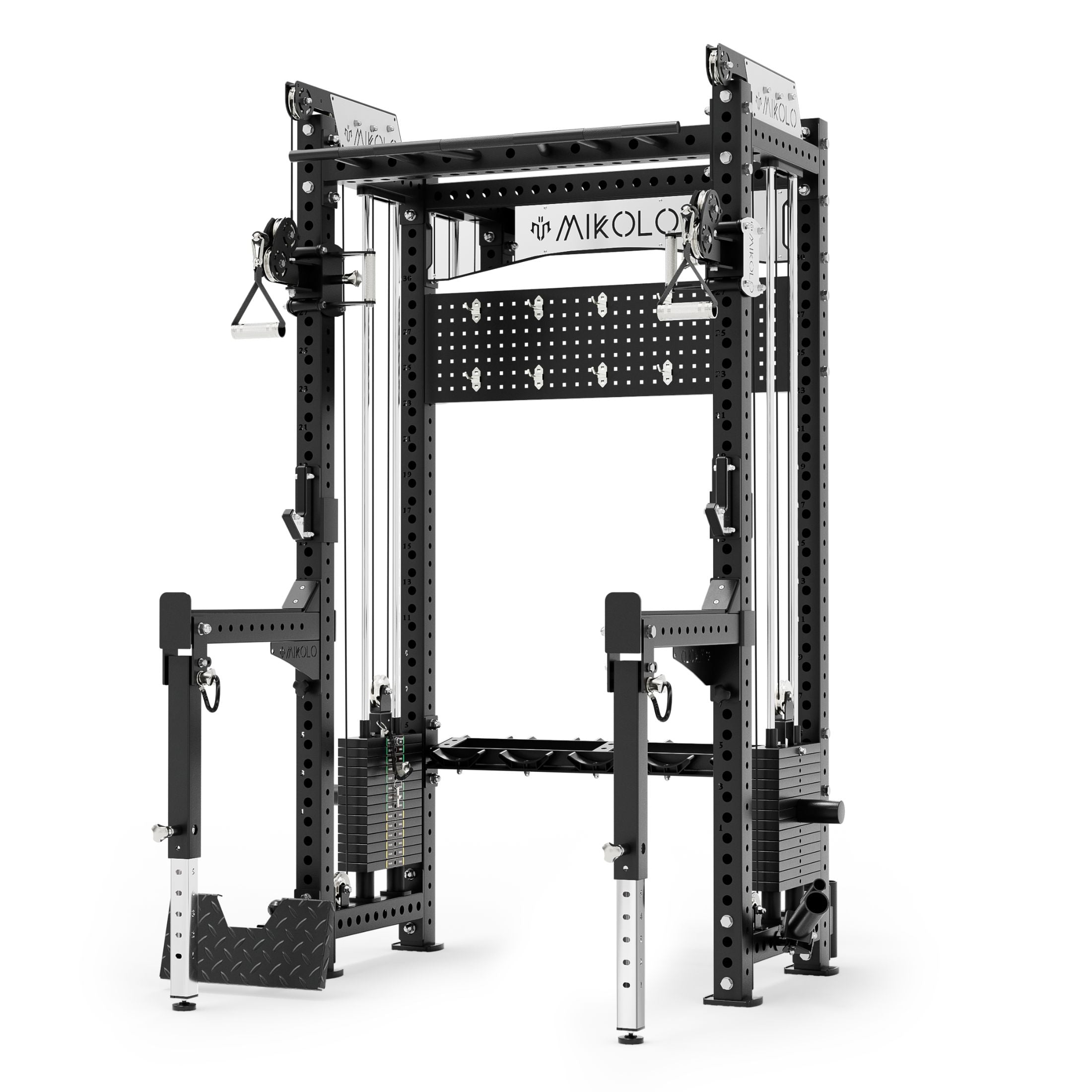
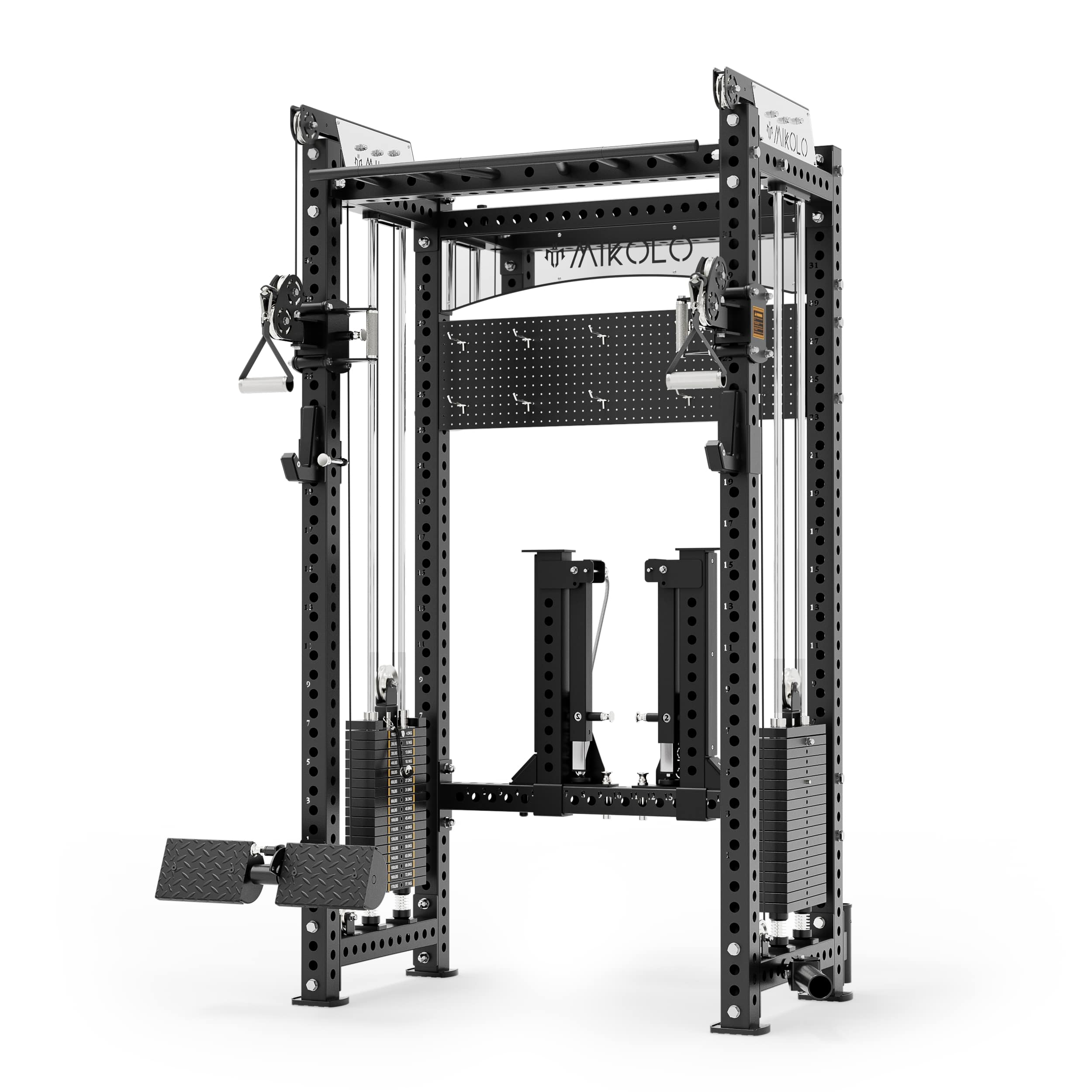
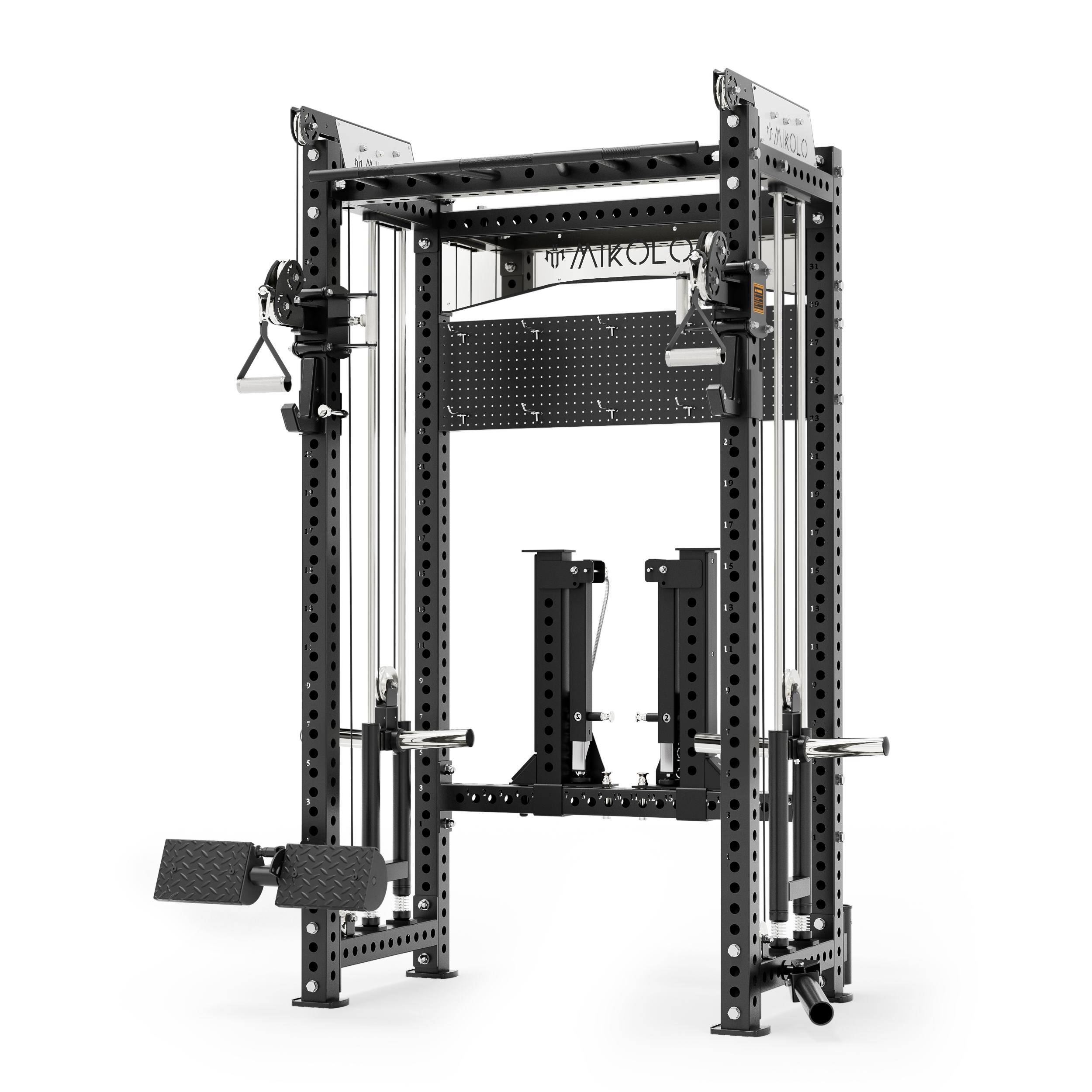


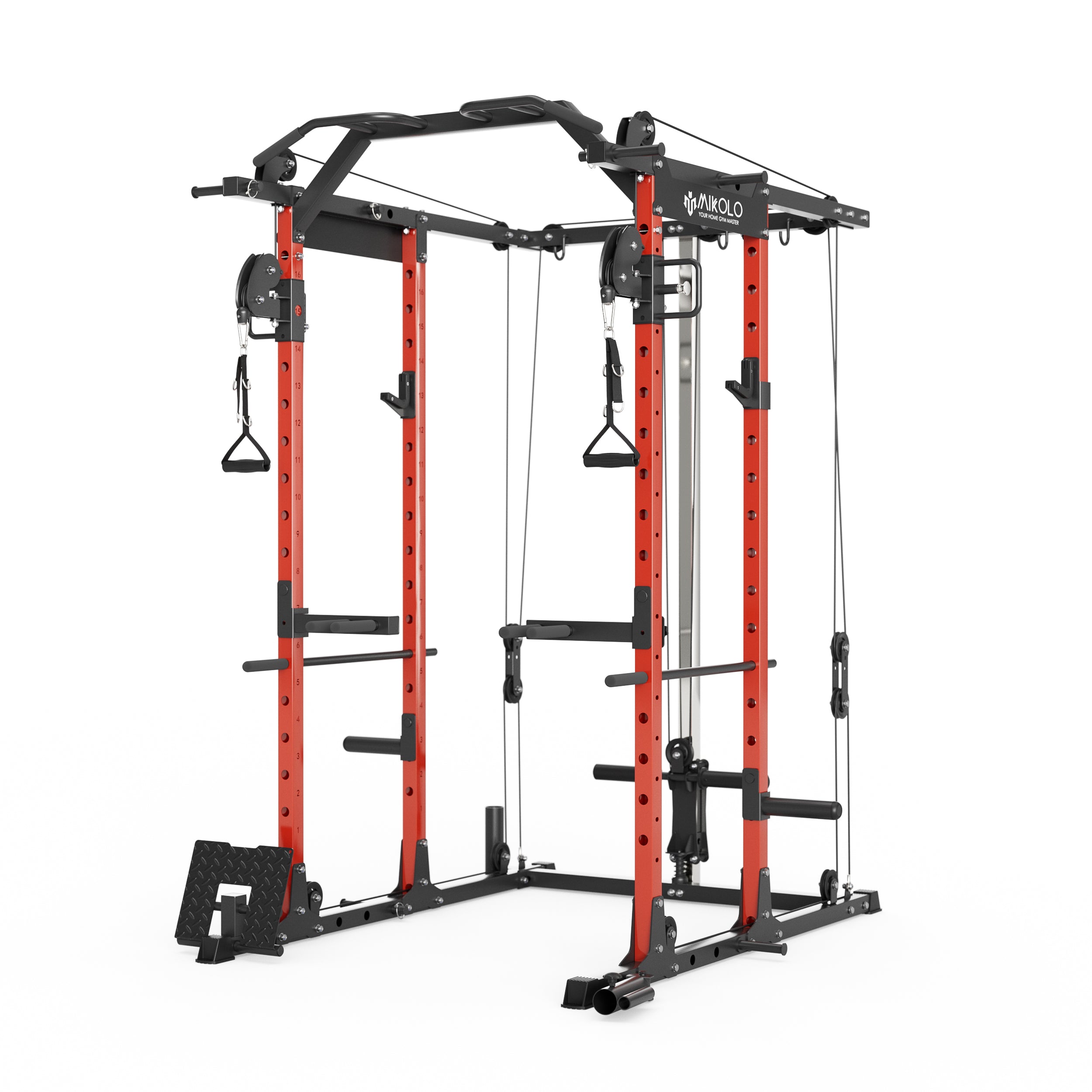
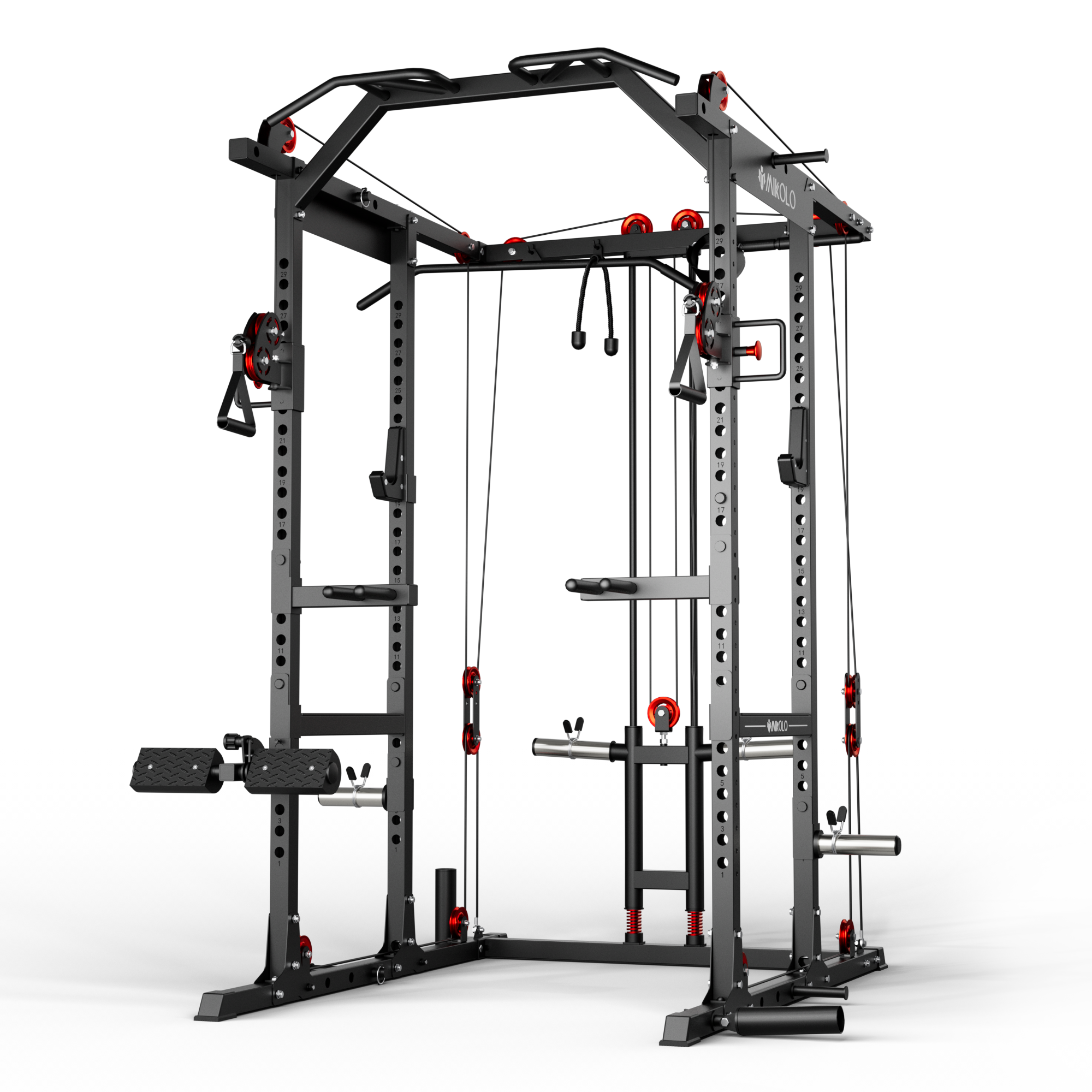

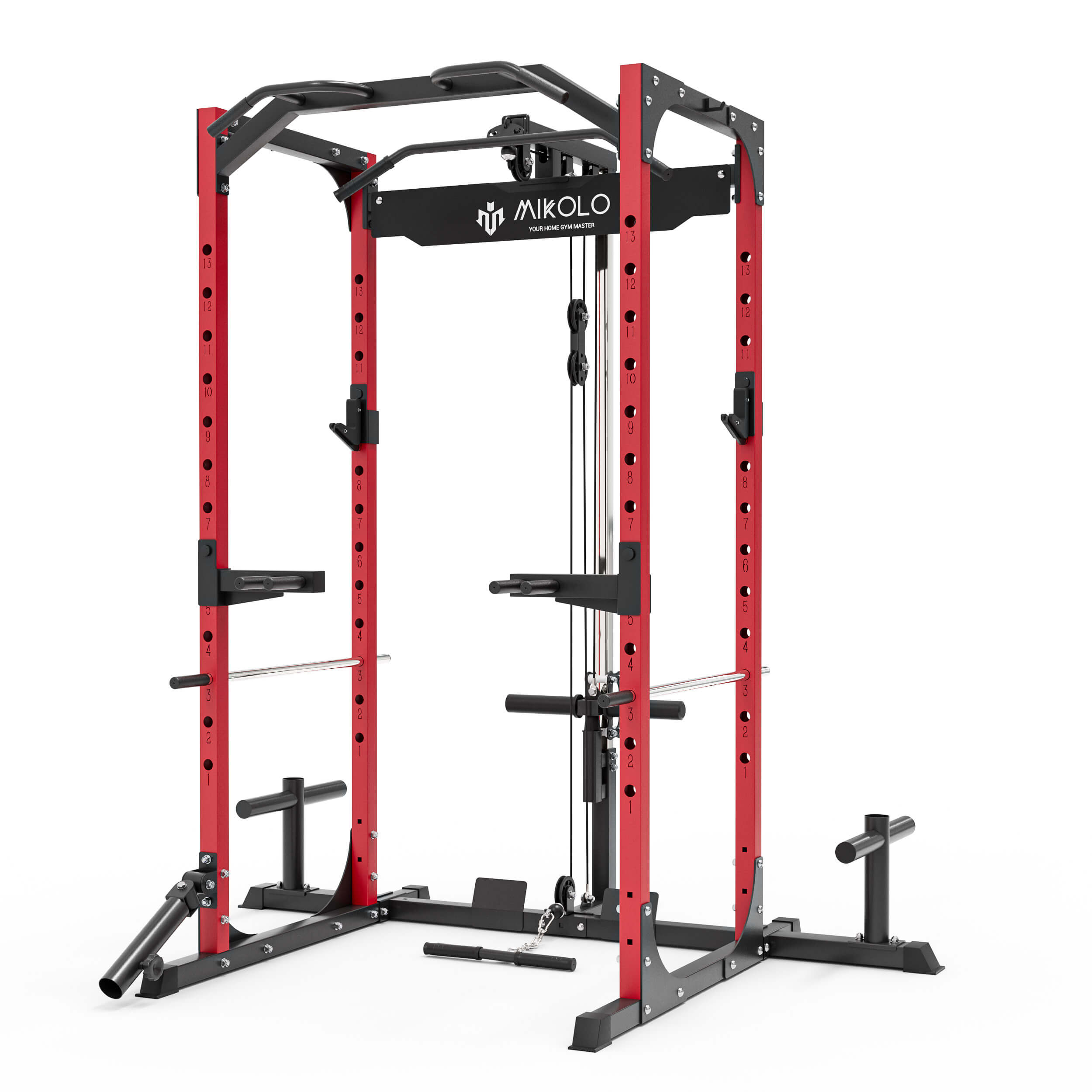

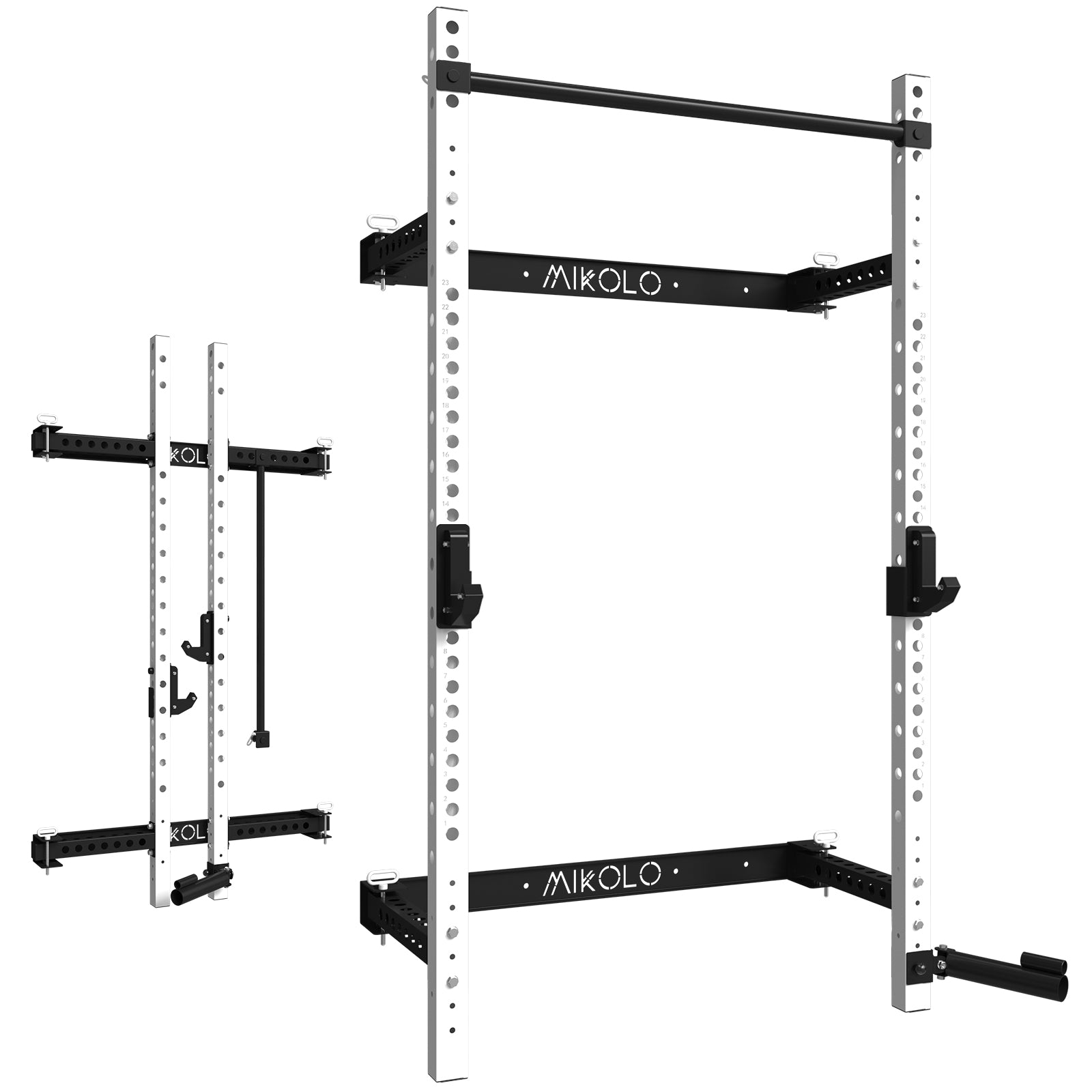

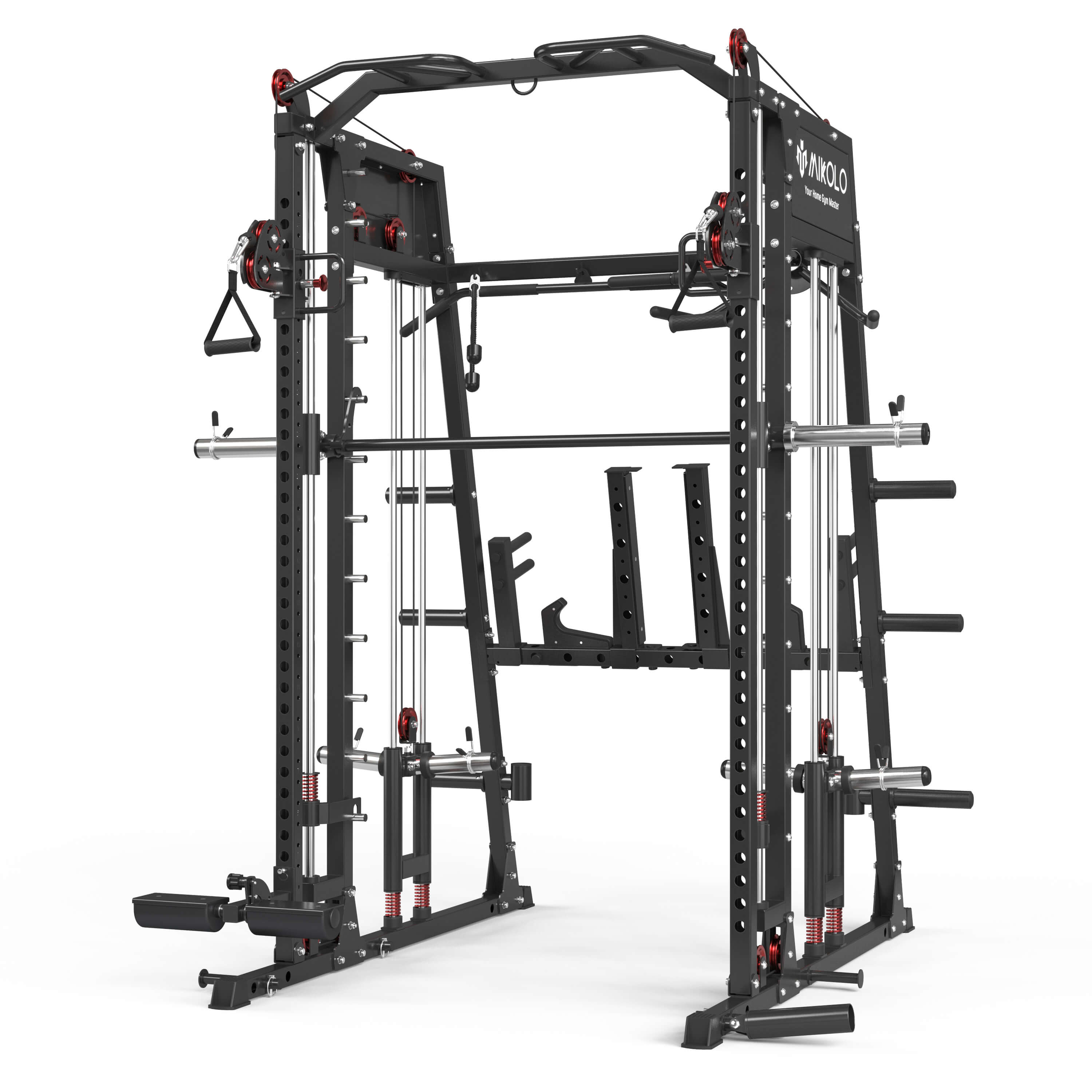
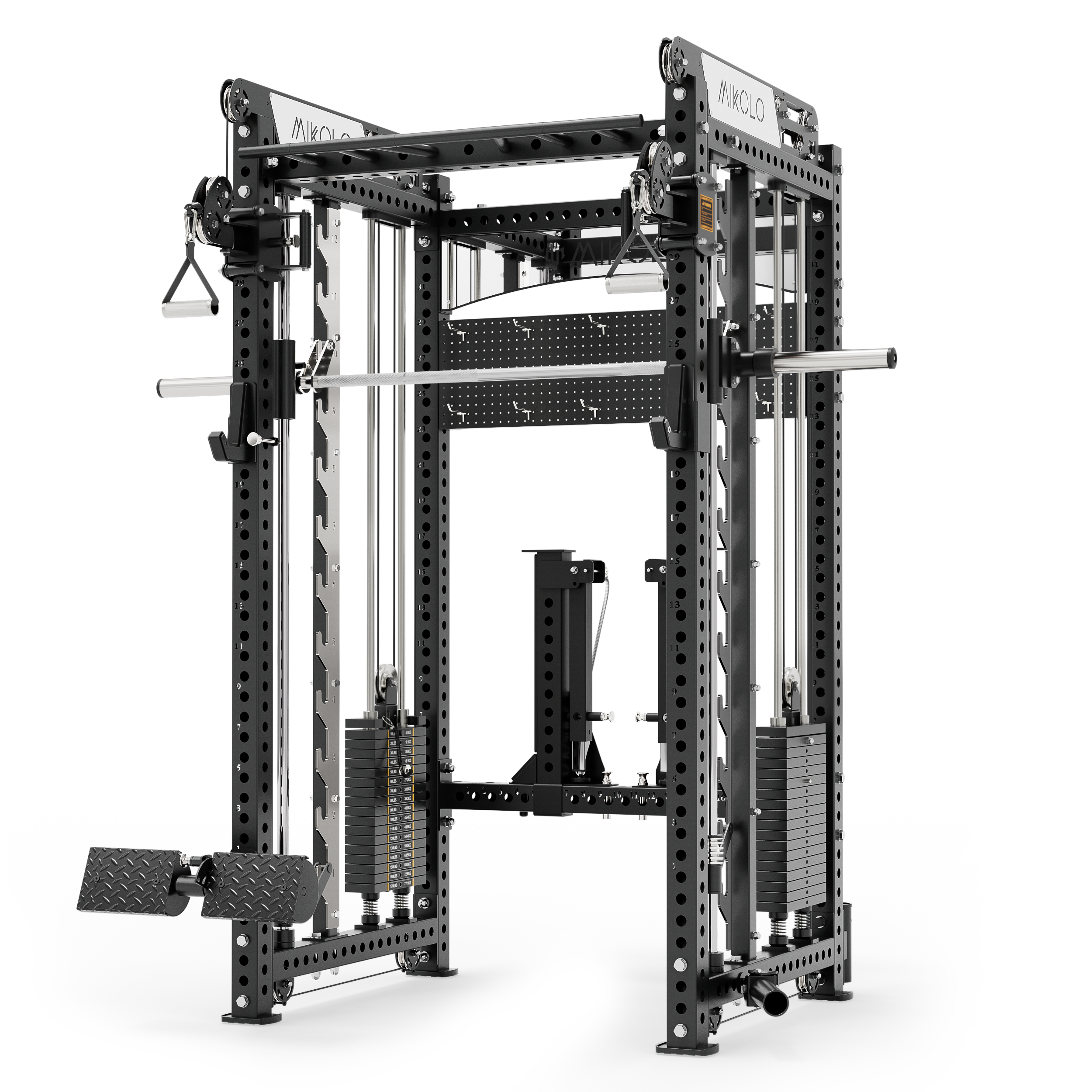
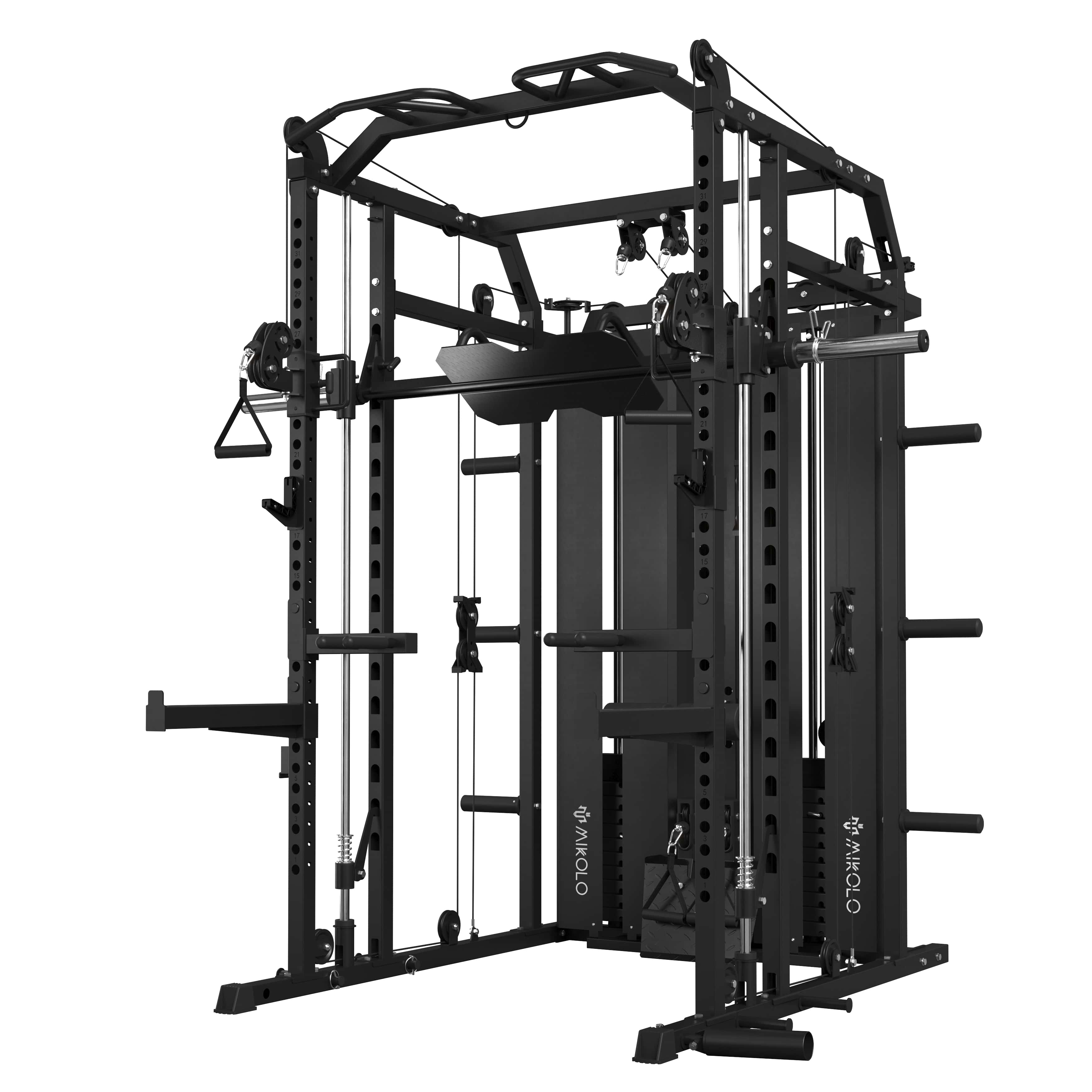
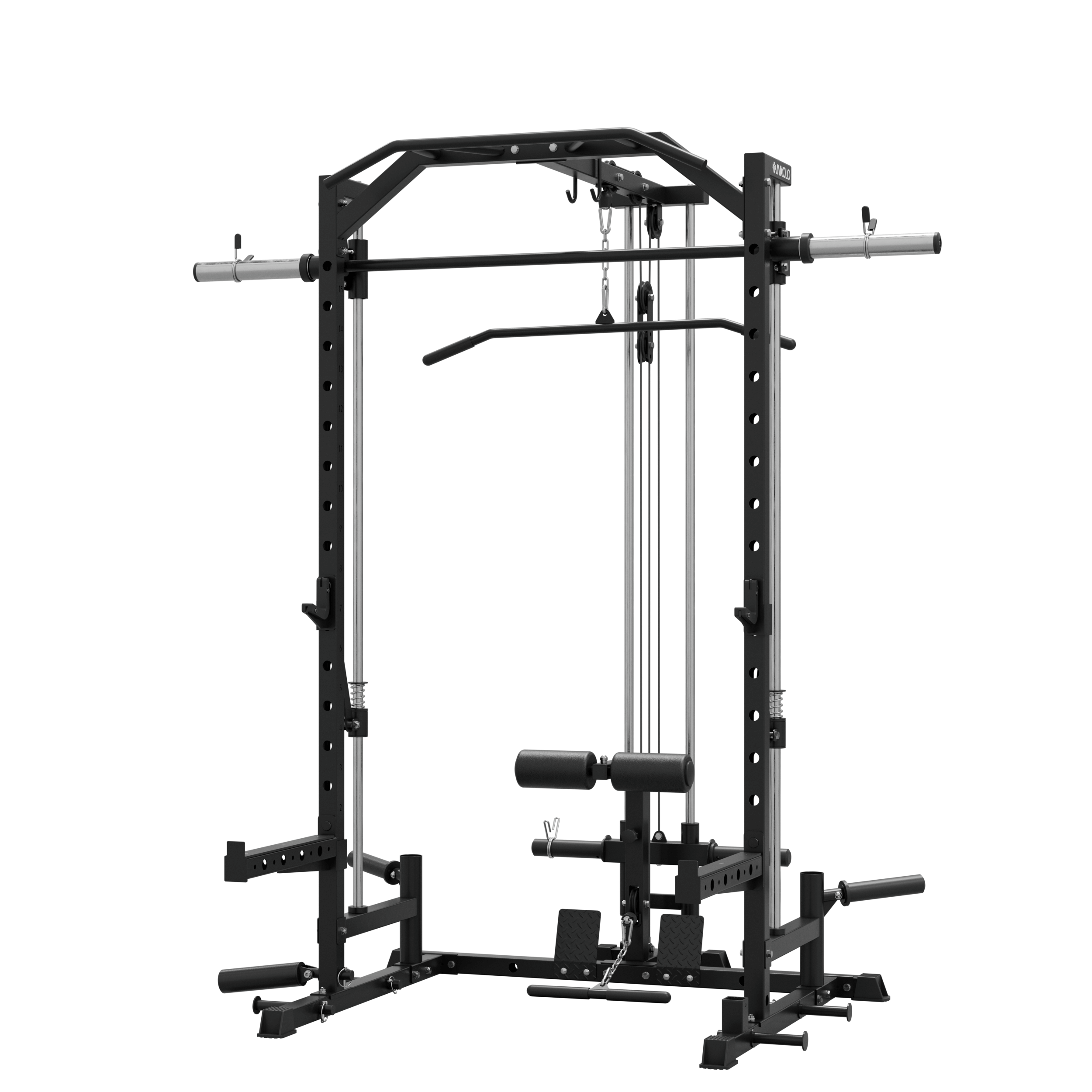
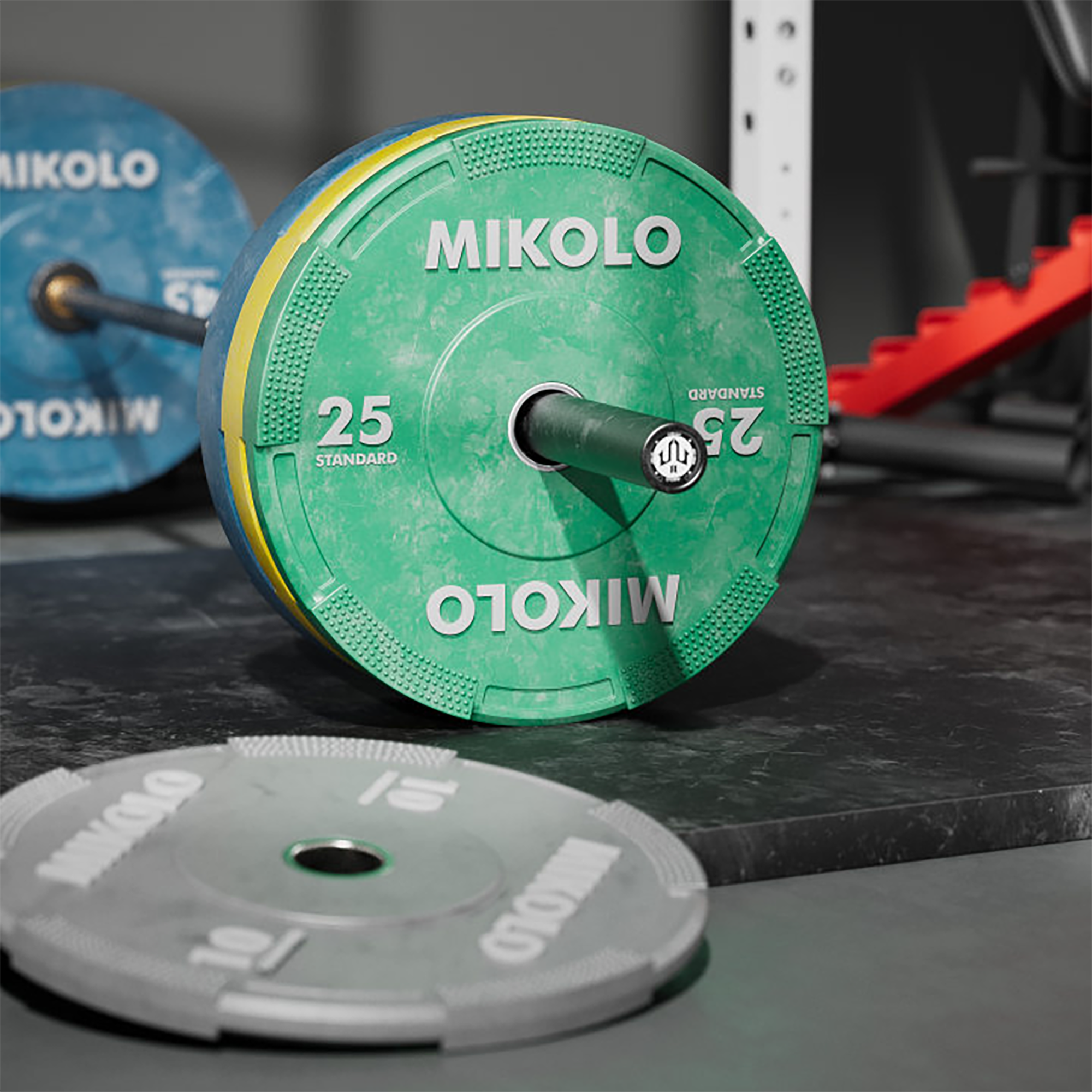


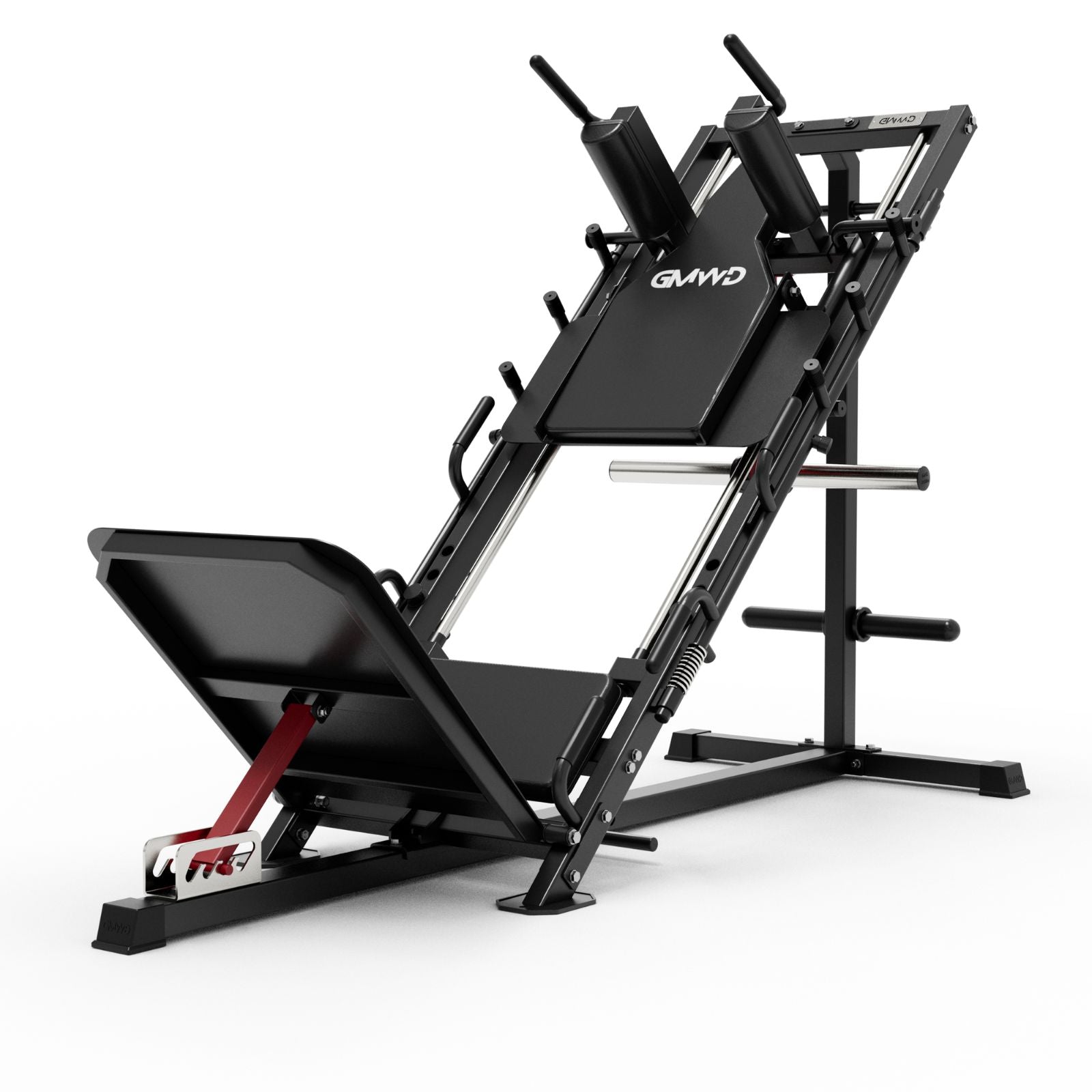


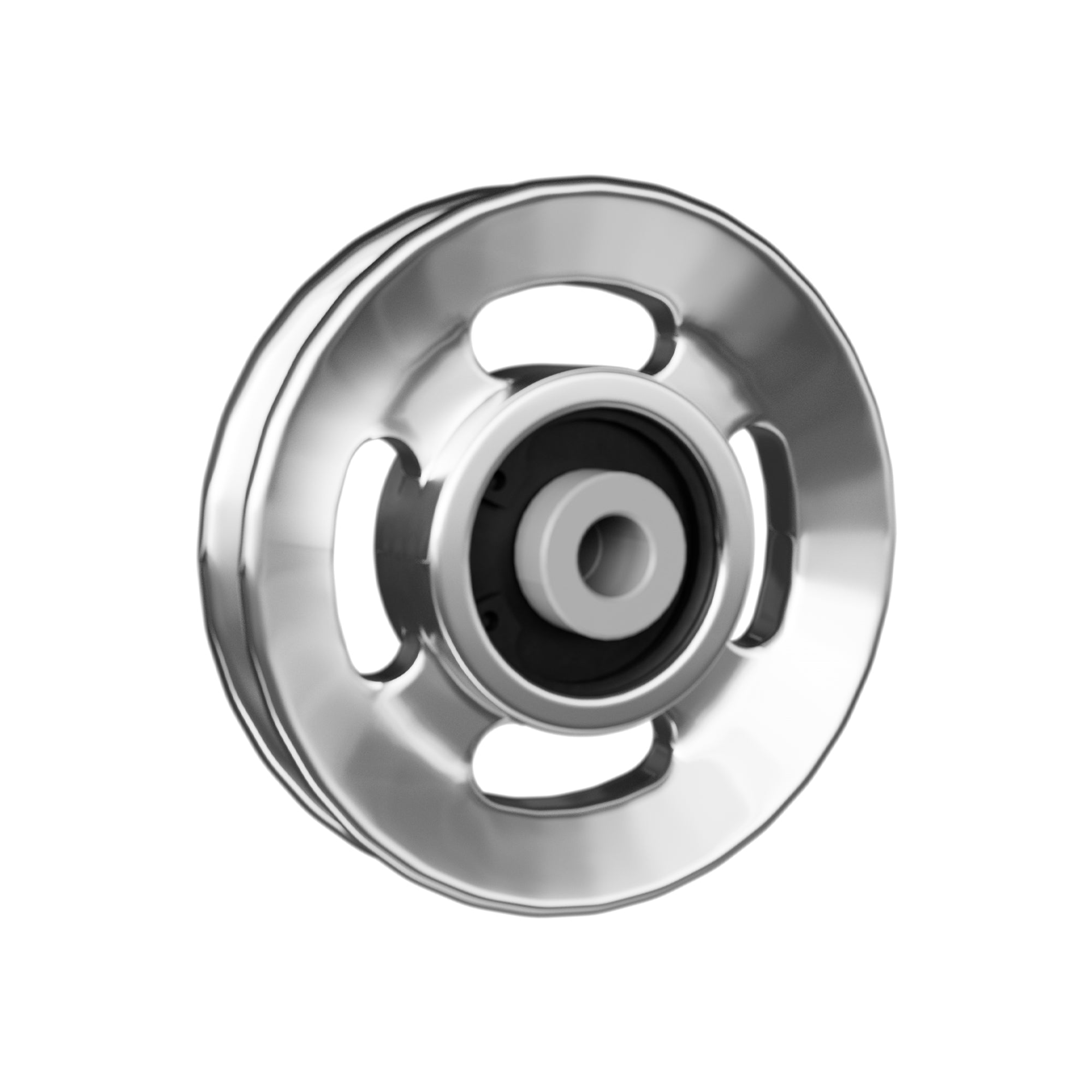
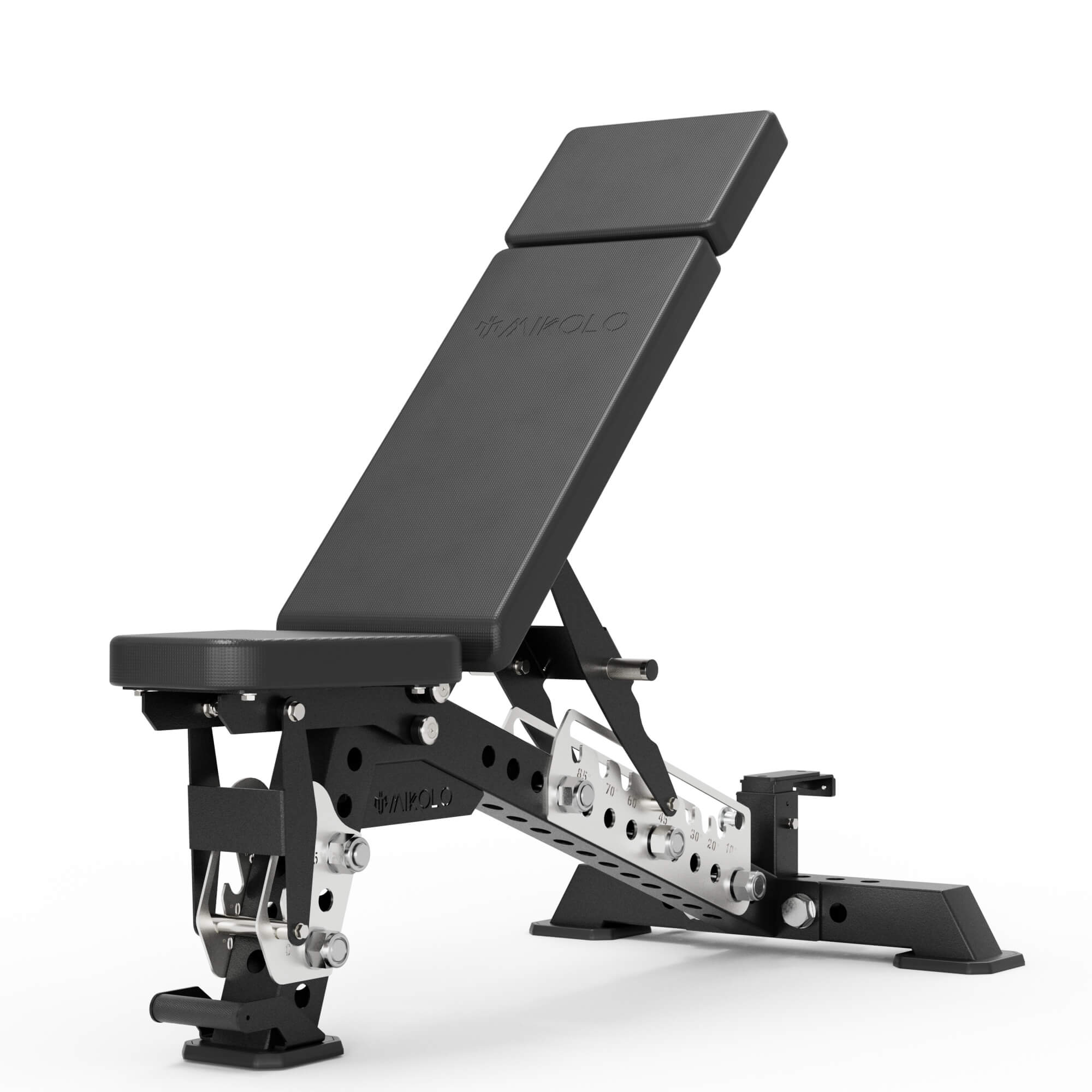
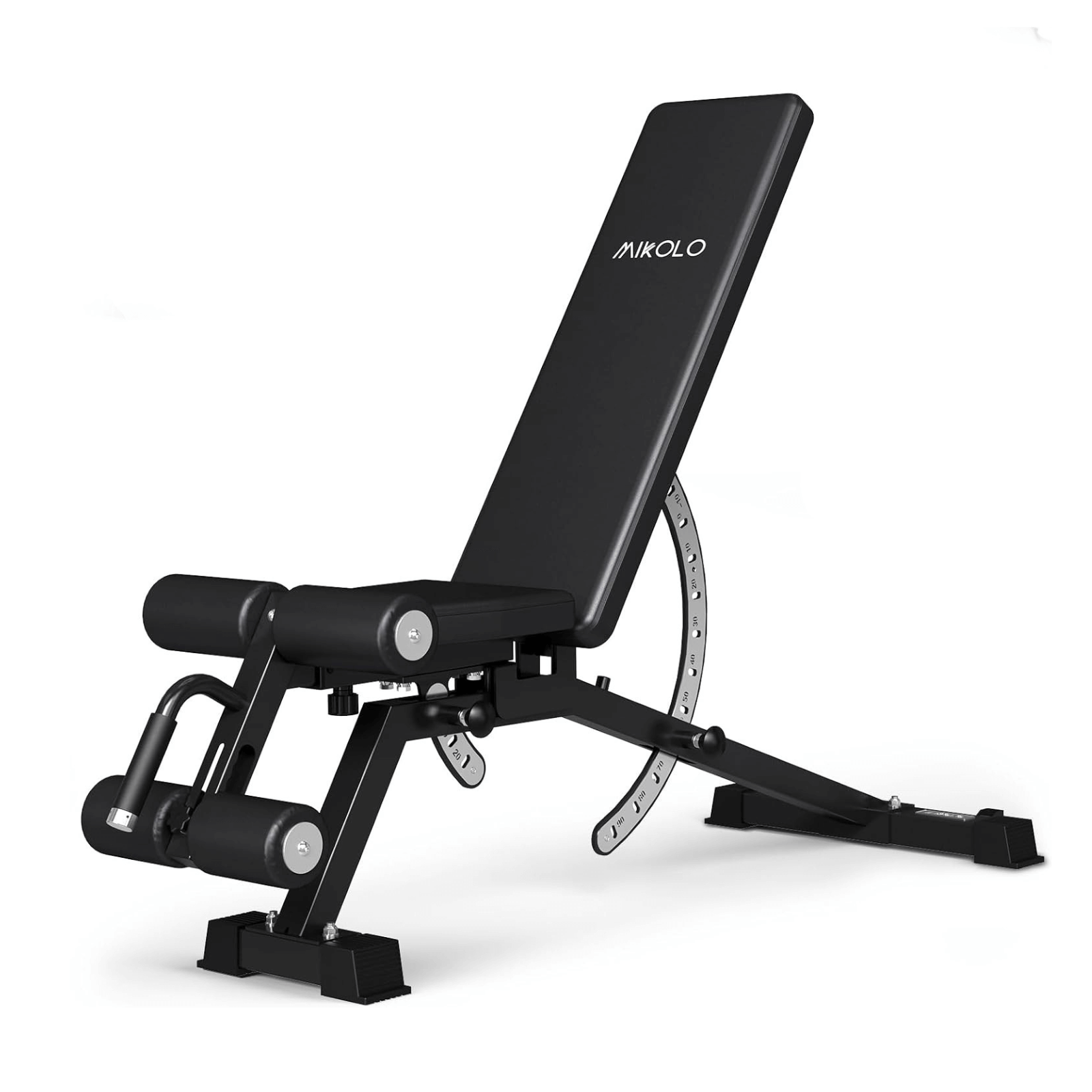



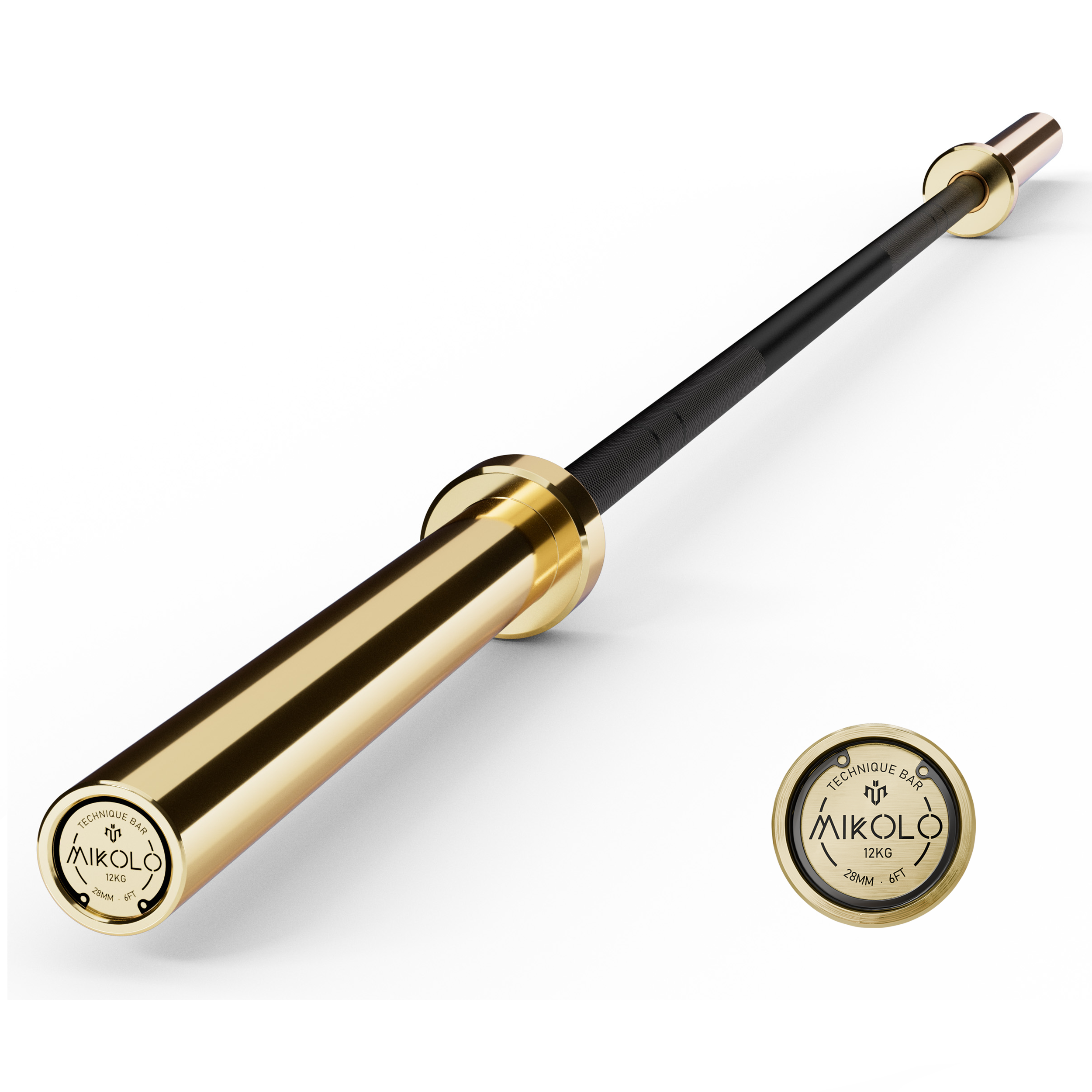
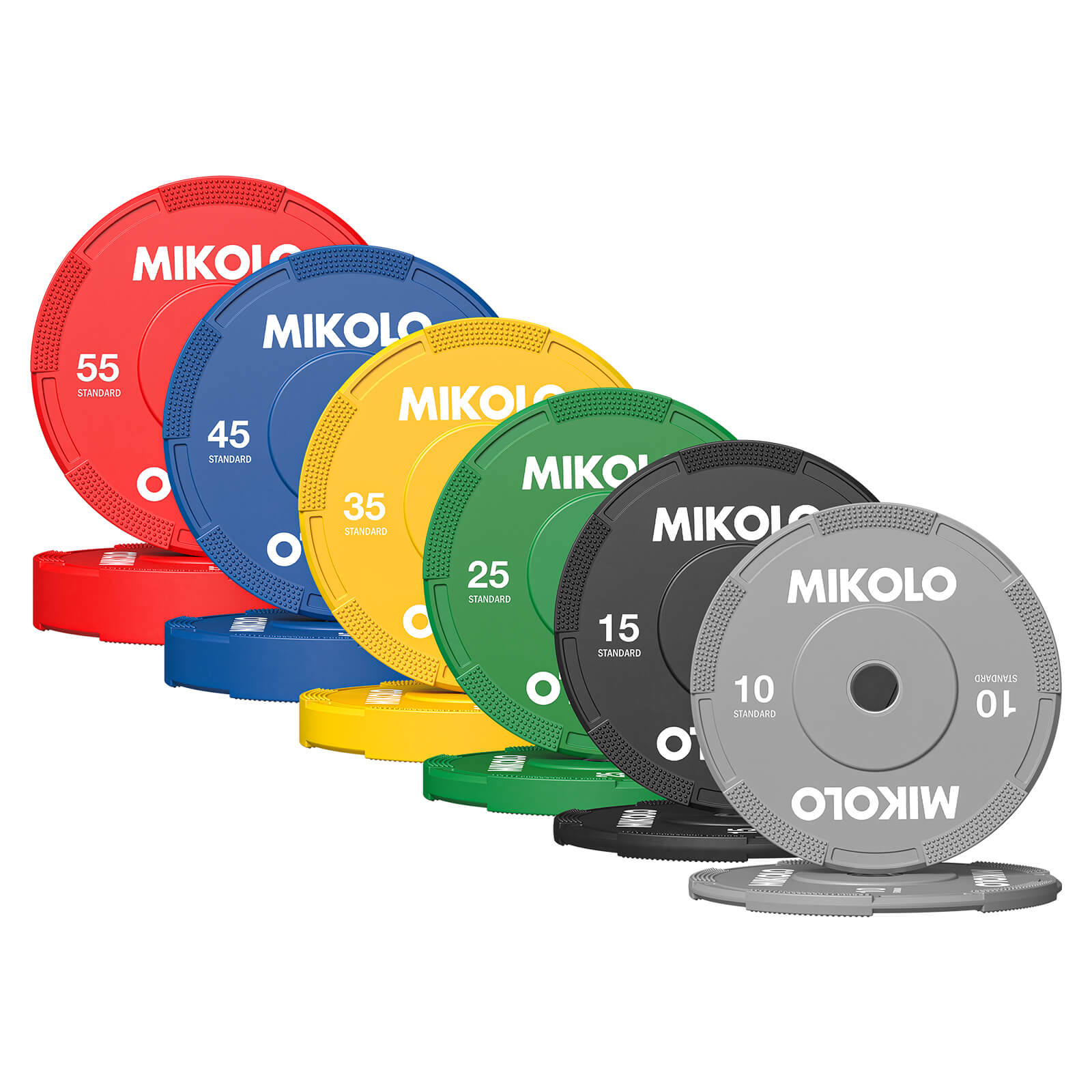

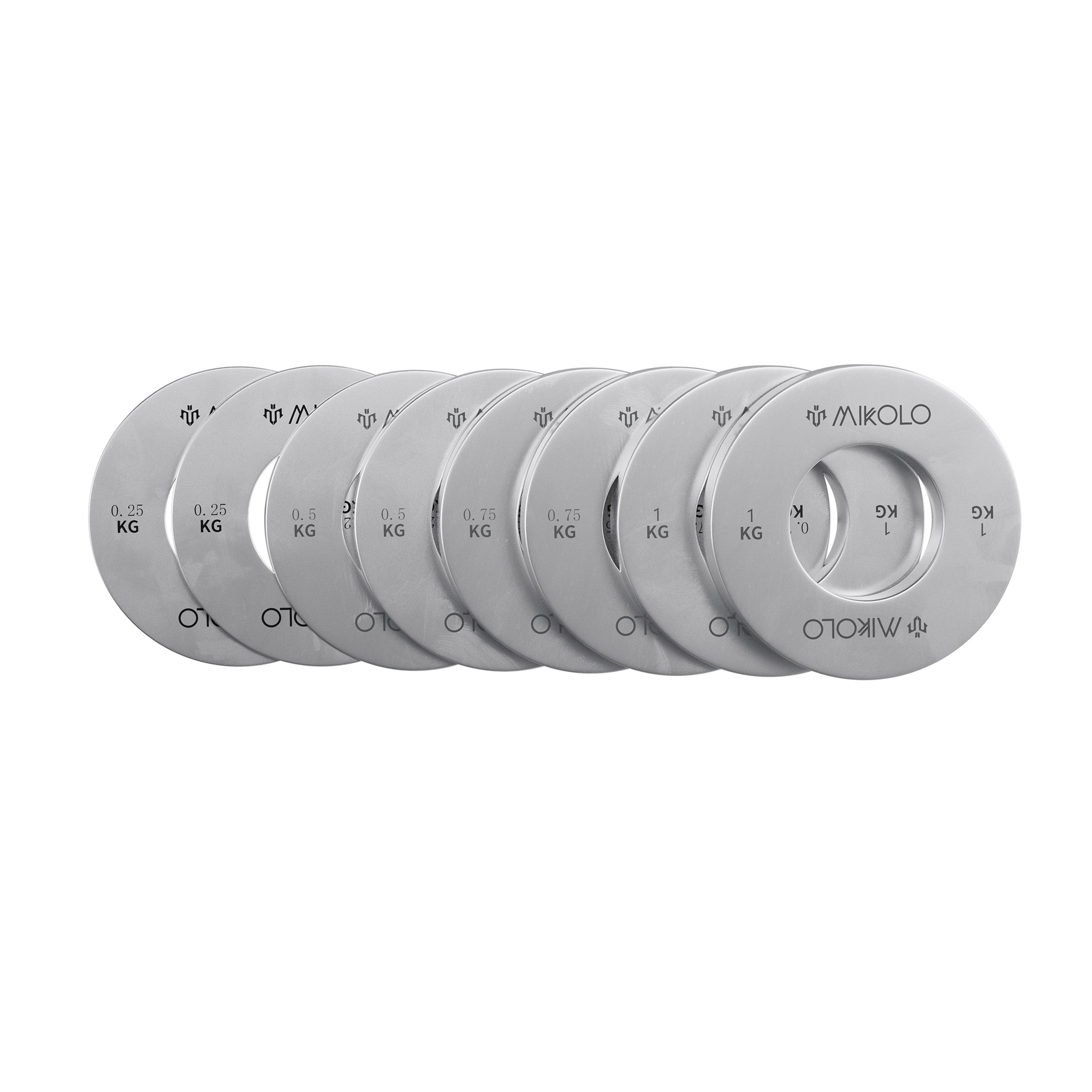


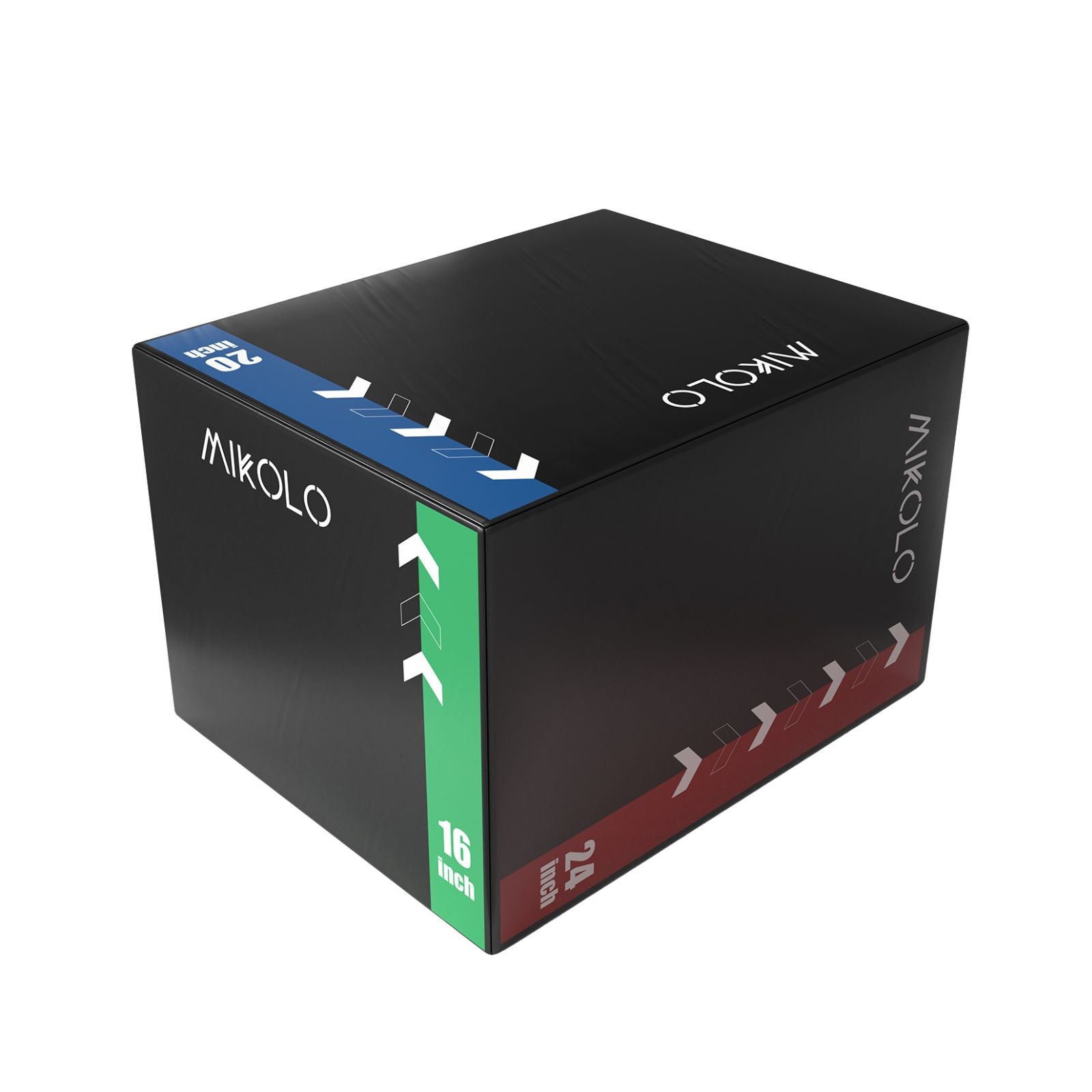






Leave a comment
This site is protected by hCaptcha and the hCaptcha Privacy Policy and Terms of Service apply.